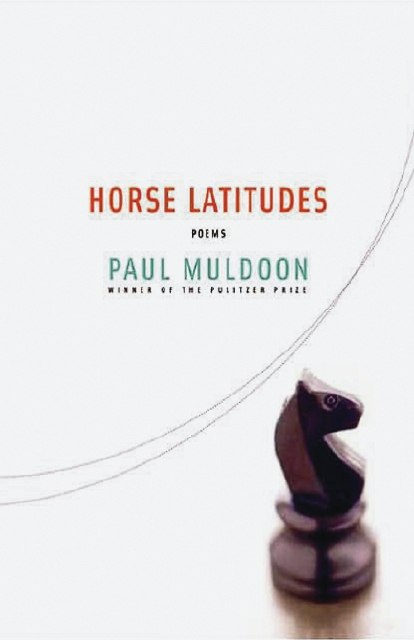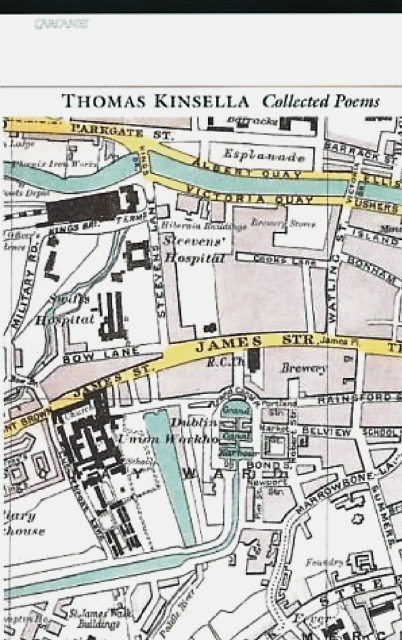Green Island Poets
Horse Latitudes Paul Muldoonnew York, Hardcover, $22 Collected Poems Thomas Kinsella Wake


Latest Article|September 3, 2020|Free
::Making Grown Men Cry Since 1992




